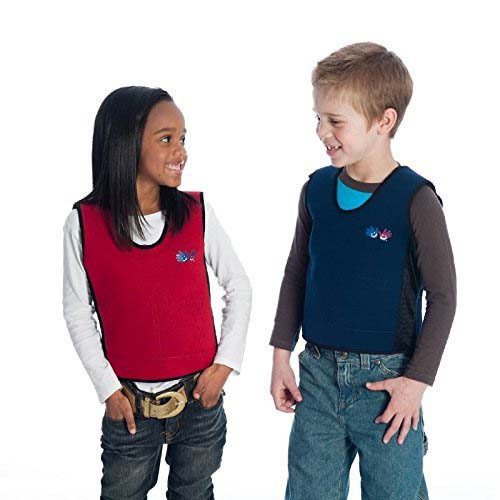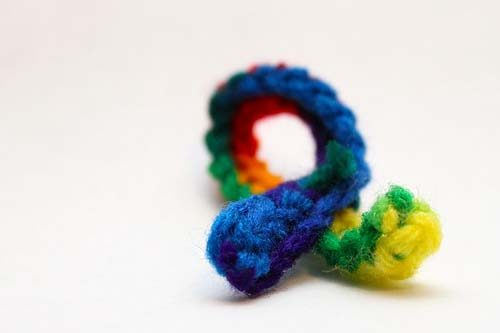
Alison Saraf and Raana Smith are two moms on a mission.
The long-term expats are both parents of boys with autism and Sensory Processing Disorder (SPS), a condition in which the brain has trouble interpreting information from the senses.
Both children have at times struggled to learn due to these issues. And their mothers told Doha News that they have spent thousands of riyals importing educational aids to try to help.
“Both Raana and I have invested a lot of money in these items over the years. This stuff is not cheap,” Saraf said.
The duo met while their children were both receiving therapy at the Child Development Center (CDC) in West Bay Lagoon.
They soon decided to open their own shop so that other parents in Qatar and neighboring countries would be able to get hold of these aids locally.
Sensory Souk
So earlier this month, Smith and Saraf launched Sensory Souk, an online outlet that delivers to addresses in Qatar, Bahrain, Saudi Arabia, Kuwait and the UAE.
It sells a wide range of items imported from the US that are all designed to help children with autism and related disorders in a school environment.

“Our products are basically all the things I couldn’t get hold of in Qatar, but wanted to,” Saraf said.
The company will strive to offer high quality products at competitive prices, with the “added convenience” of online ordering, Smith added.
The items include weighted vests, handwriting helpers, bumpy cushions to sit on and items to hold, chew and balance on.
“What these products do is they instill calm in the child so that they can function,” Saraf said. “Just to sit on a chair trying to be still, that’s an epic thing for them.”
When asked to pick her favorite from their range of products, Smith highlighted their range of putties.

She said that they give her son a very important outlet:
“My son Ayoub really likes the tactile things,” she said. “He likes slime and goo and getting messy. For whatever reason, he just has that need to touch and feel. It’s soothing to him.”
Rental program
The entrepreneurs have also launched a rental section of the site so that families can try products out before committing to buying them.
“Obviously it’s a business, but we have both bought something really expensive in the past that hasn’t worked,” Saraf said.
“Where possible, we want to provide a service which will assist parents and professionals, to save them money.”
The two women also want to establish an online forum on the site so that families can exchange information about products, schools and specially trained professionals in Qatar.

Saraf explained that it can be very difficult for families to connect with the support networks they need in Qatar.
“We want to help parents learn to be advocates for their children. We want to lift other parents up,” she said.
Autism awareness
World Autism Awareness Day falls on April 2 this year, and many organizations in Qatar are taking part.
This includes the team behind the Burj Qatar, which will light up in blue on the day, as part of a global campaign.

There is no publicly available data about the prevalence of autism in Qatar.
But the CDC – where Saraf and Smith met – previously told Doha News that it believes 20 percent of Qatar’s school population has some kind of learning disability.
Both Smith and Saraf said they are keen to support the global drive to educate others about autism and its associated disorders.

Sharing knowledge, they said, enables parents to feel empowered and help their children succeed.
“When you first get that diagnosis, it feels a bit crushing,” Smith said. “You’re not sure what to do. You’re running behind it. But when you can get in front of it and take charge of it, you can do anything for your child.”
Local delivery within Qatar will cost QR50, according to the Sensory Souk website, and a free pick up service is in the pipeline.
Thoughts?







